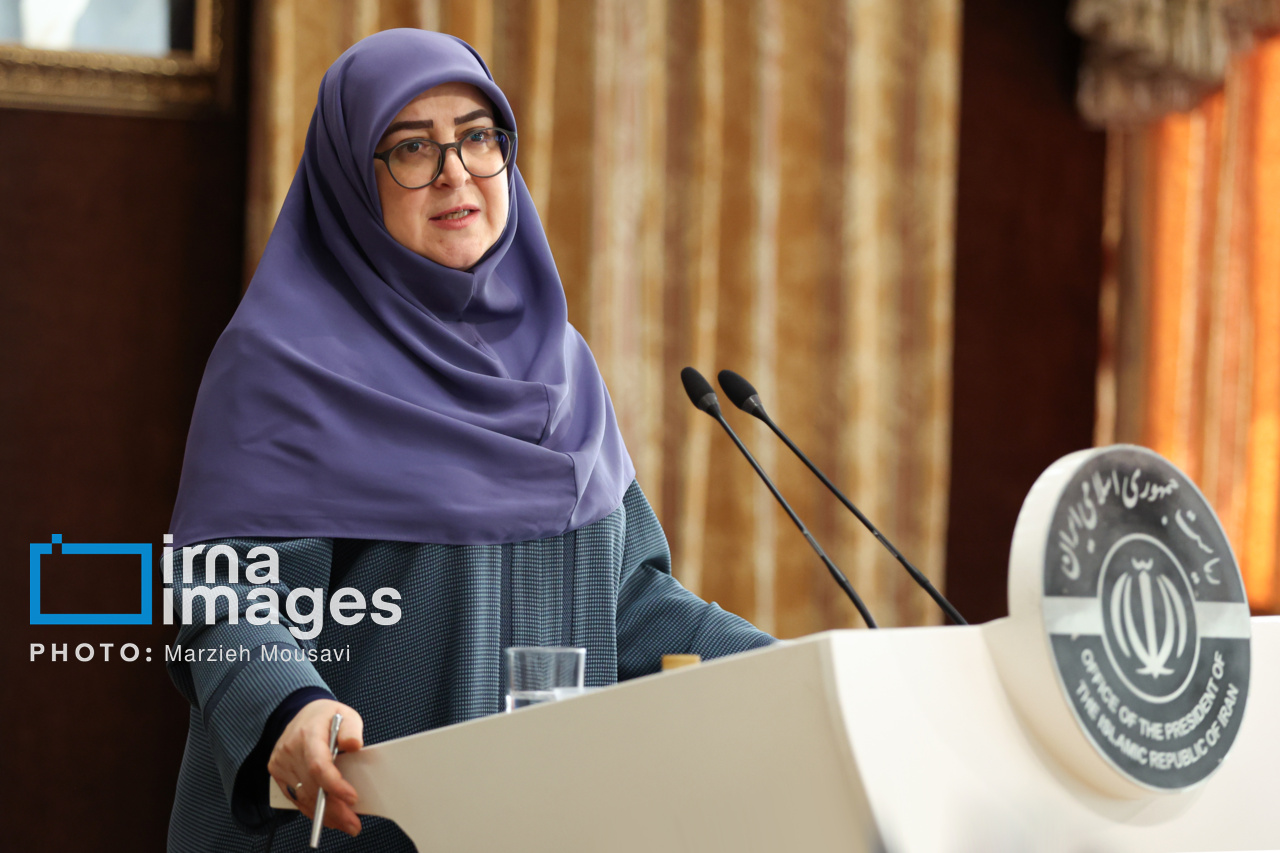
Similar Posts
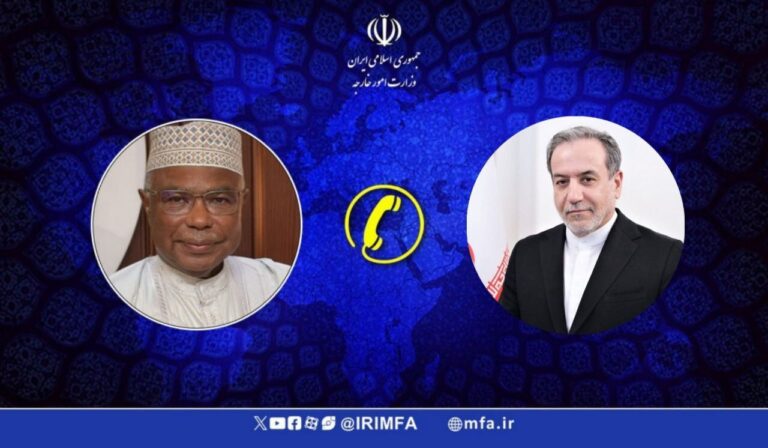
Iran Urges Urgent OIC Summit to Address ‘Threatening’ Gaza Crisis
Iran has condemned a U.S.-Israeli plan to forcibly relocate Gaza’s inhabitants, calling it a “dangerous” initiative that threatens regional stability. Foreign Minister Abbas Araghchi urged an extraordinary meeting of the Organization of Islamic Cooperation (OIC) to address this issue and advocate for Palestinian rights, including self-determination. He labeled the relocation scheme as a crime akin to genocide. OIC Secretary-General Hussein Ibrahim Taha supported the call for a meeting. Meanwhile, U.S. President Donald Trump’s recent proposal to take over Gaza as a tourism hub has sparked international outrage, prompting protests against the notion of displacing Palestinians.
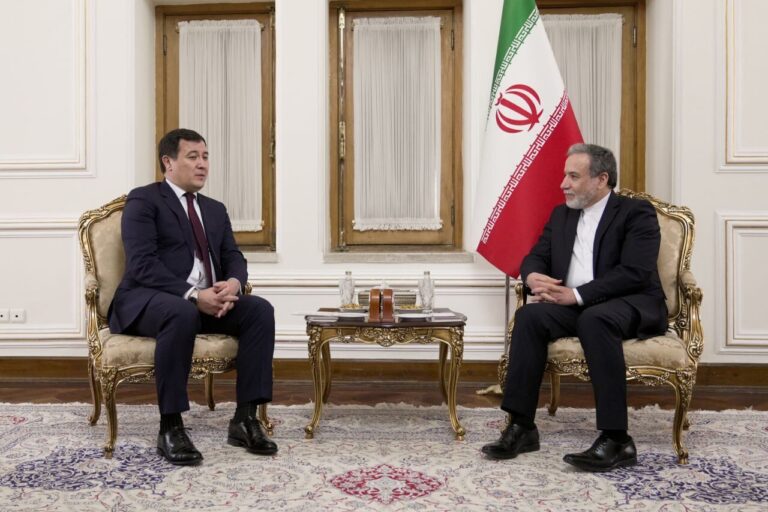
Iran’s Foreign Minister Highlights Private Sector Opportunities to Boost Economic Relations with Kazakhstan
Iranian Foreign Minister Abbas Araghchi met with Kazakhstan’s Deputy Foreign Minister Alibek Bakayev to discuss enhancing economic cooperation between the two nations. Araghchi emphasized the significant role of the private sector in expanding commercial ties and the importance of multilateral frameworks for fostering partnerships. He urged members of the Economic Cooperation Organization (ECO) to utilize their resources for better collaboration. Bakayev expressed Kazakhstan’s commitment to strengthening relations with Iran and appreciated Iran’s role in hosting the ECO Foreign Ministers’ meeting, aiming to boost trade among member states. Both nations see promising potential for growth through collaborative efforts.
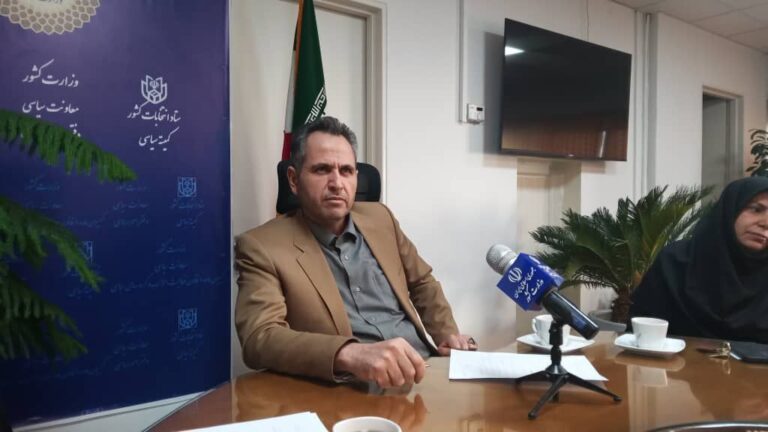
Official Claims Protest Gatherings Against VP Zarif Breached Rules and Regulations
An official from Iran’s Interior Ministry, Abuzar Kowsari, has expressed concerns about legal compliance during recent protests against Vice-President Javad Zarif in Tehran, Mashhad, and Qom. He described the gatherings as unauthorized and reported them to police for monitoring. Kowsari emphasized the importance of adhering to legal protocols for public assemblies, warning that such unauthorized protests could harm both the government and the legal system of the Islamic Republic. His statements reflect the ongoing tension in Iran between public dissent and legal governance, urging citizens to engage in lawful protests.
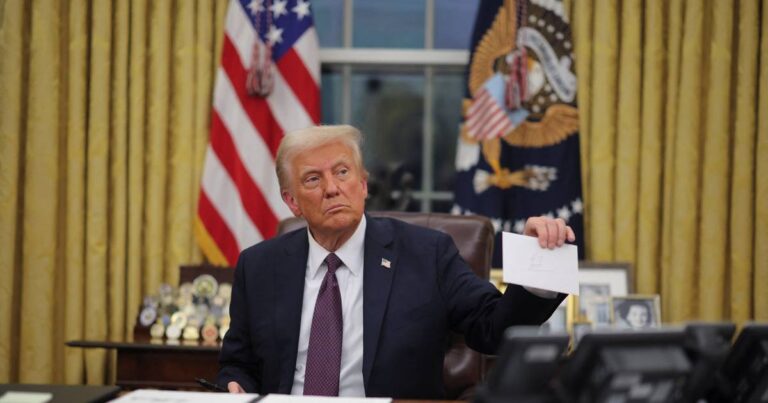
Iranian Media and Politicians Take Cautious Stance Post-Trump Inauguration
Following Donald Trump’s inauguration, US-Iran relations have become a key topic in Iranian media. Conservative outlets largely refrain from commentary on future ties, while reformist publications explore engagement strategies. Some, like Iran Daily, suggest potential negotiations, while others express concerns about Trump’s hardline policies. President Pezeshkian’s meeting with Putin highlights Iran’s attempts to strengthen ties with global powers. Discussions among reformists and hardliners reveal a growing acknowledgment of the need for negotiation with the US to address economic challenges. Overall, the Iranian press presents a complex narrative blending caution, hope, and strategic considerations regarding future relations with the United States.
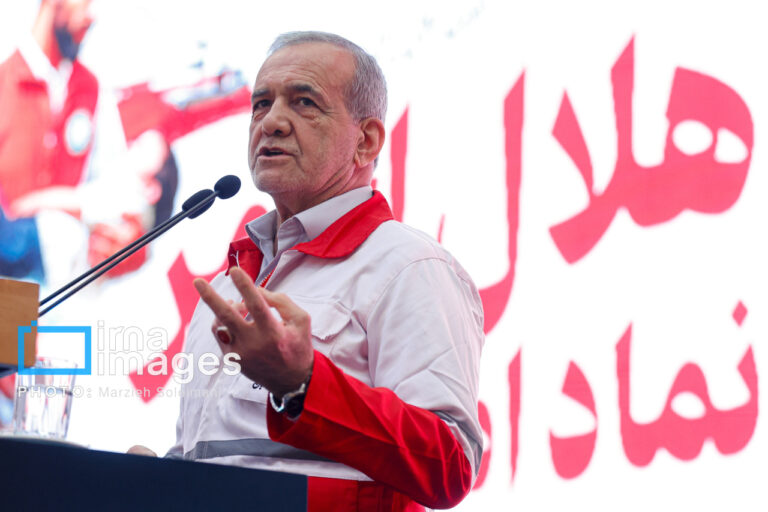
President Pezeshkian Slams Western Double Standards in Humanities Debate
Iranian President Masoud Pezeshkian condemned Western nations for their double standards on humanitarian issues during a Red Crescent Week event. He highlighted the hypocrisy of countries that promote democracy and human rights while engaging in brutal actions. Pezeshkian criticized these nations for shifting blame onto others and questioned the morality of those who support violence against vulnerable populations. He also called out international organizations, particularly the United Nations, for their inaction regarding the Israeli regime’s actions against civilians. Pezeshkian emphasized the stark contrast between the rhetoric of peace and the reality of savagery in global affairs.
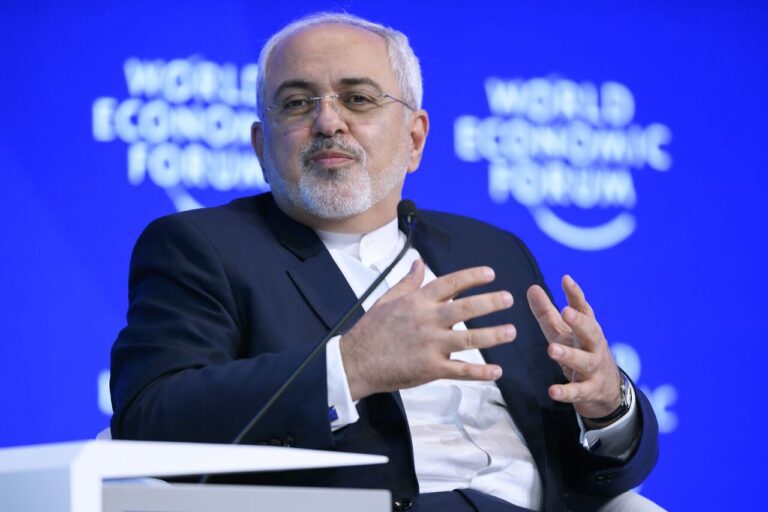
Iran’s Zarif: Country Poses No Security Threat to the World
Iran’s Vice President for Strategic Affairs, Mohammad Javad Zarif, stated that Iran does not threaten any nation’s security, asserting that if it sought nuclear weapons, it could have done so long ago. In an interview at the World Economic Forum, he criticized the portrayal of Iran as a threat, linking it to Iranophobia and Islamophobia. Zarif emphasized Iran’s readiness for dialogue and cooperation, referencing the Joint Comprehensive Plan of Action (JCPOA) aimed at preventing nuclear proliferation. He also commented on regional resistance movements, asserting that they act independently while Iran supports self-determination and peace in the region.